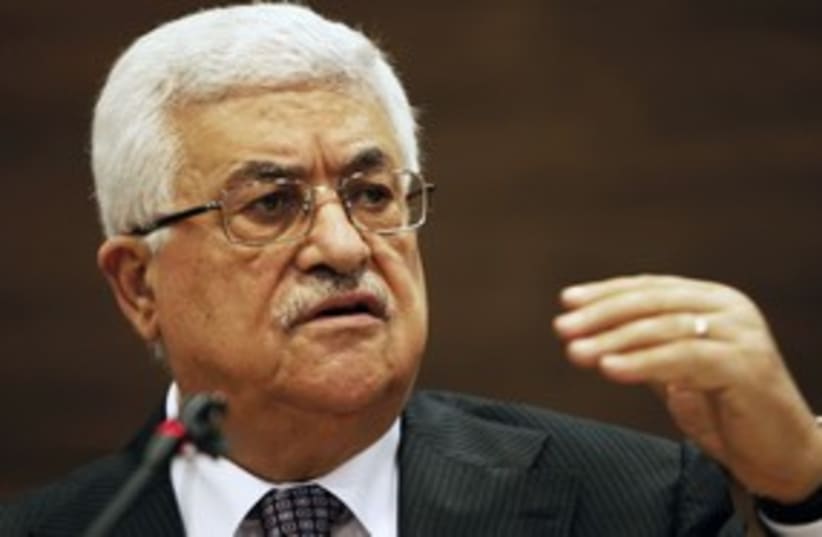Dan Izenberg contributed to this report.
'ICC should revoke PA’s acceptance of court’s jurisdiction'
Israeli NGO Regavim submits petition to The Hague asking it to revoke decision to receive a PA declaration recognizing court’s jurisdiction.

Dan Izenberg contributed to this report.